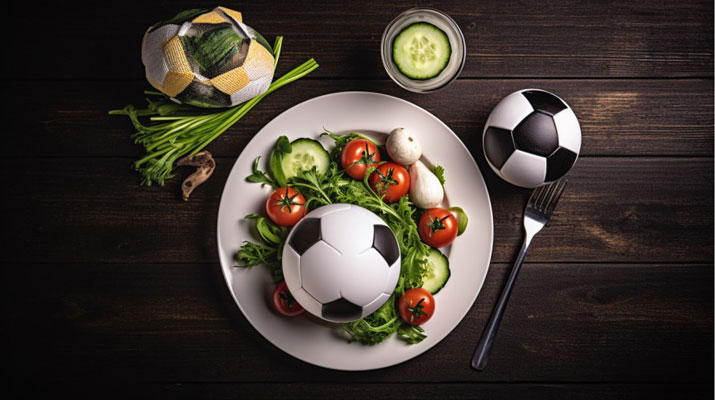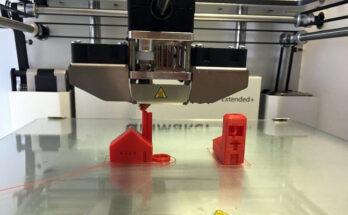Playing soccer requires a lot of physical exertion, which demands a considerable amount of energy and endurance. That is why it is crucial to nourish your body correctly before, during, and after a game. In this article, we will delve into the most suitable types of food to eat that can assist in getting ready for a match, give you the energy to maintain performance during it and facilitate a proper recovery afterward.
Before the game
Consuming a high-carbohydrate meal a few hours before the soccer fixtures a professional soccer player has is crucial because it provides muscles with the essential energy they need to keep up the pace during the game. Good sources of carbohydrates include rice, pasta, bread, and vegetables. It is equally important to stay hydrated before each soccer fixture, so drinking adequate amounts of water or sports drinks, can do the trick.
Moreover, caffeine may also be beneficial for some athletes before a soccer fixture as it is a natural stimulant that improves alertness and reduces fatigue. However, caution should be taken not to overdo the intake of caffeine, as it can have adverse effects on performance, causing anxiety and jitters.
During the game
To ensure optimal performance during a soccer match, it’s crucial to maintain your energy levels. You can achieve this by fueling up with simple carbohydrates like fruits, energy bars, or sports drinks during halftime or brief breaks. Simple carbs are easily processed by the body, and they provide instant energy to keep you going.
Another significant aspect of maintaining consistent energy levels throughout the game is staying hydrated. Sweating during exercise can lead to dehydration, so it’s recommended to drink small amounts of water or sports drinks throughout the match, instead of waiting until you become thirsty. Remember to keep your fluids up and stay energized to play your best game!
After the game
To recover fully from a soccer game, it’s essential to let your body recuperate properly. The initial phase of recovery involves replenishing the carbohydrates that were utilized during the match. Doing so will restore glycogen levels and boost muscle recovery. Within an hour of the game, make sure to consume a balanced meal that contains both carbohydrates and protein, such as chicken and rice, or a turkey sandwich. This will aid in recharging your energy stores and fixing any muscle damage that occurred.
Furthermore, restoring fluids lost during the game is also crucial to your body’s recovery. Sports drinks can be an effective way to replenish fluids, as they contain electrolytes that are lost through sweating, reducing the likelihood of cramps.
Although proper nutrition is a crucial aspect for soccer players, it doesn’t solely determine their performance. Alongside proper nutrition, adequate sleep, consistent training, and suitable gear are also important for a triumphant soccer career.
Furthermore, consulting a registered dietician is vital to attain a well-balanced and healthy diet that meets your specific needs and desires. It’s vital to note that every individual’s body is distinct, and what might work for another athlete may not work for you. Therefore, it’s important to experiment with various foods and beverages during training sessions to observe what works best for your body.
Conclusion
Playing soccer is a rigorous activity that demands a great deal of physical endurance and vitality. If you want to perform at your best and recuperate properly, you’ll have to pay close attention to your nutrition. Prior to, during, and after a game, it’s crucial to consume the right foods. Before the game, incorporating a meal rich in carbohydrates is best. During the game, staying hydrated and consuming simple carbohydrates is necessary. To recover after the game and to replenish lost energy, combine carbohydrates, protein, and fluids. Following these suggestions will help fuel your body and ensure that you perform at your optimum level throughout the duration of the game.









